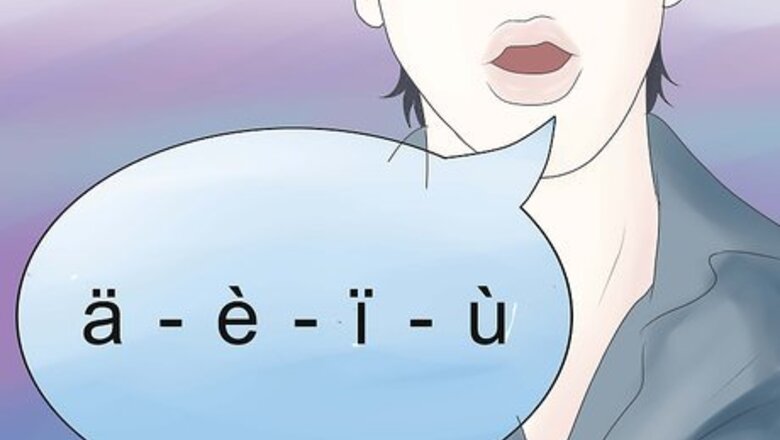
views
- Start by modifying your vowels: a sounds like "ah," e sounds like "eh," i sounds like "ee," and u sounds like "oo."
- Elongate double consonants in words like "azzurro," "pollo," etc. For example, you'd pronounce "better" as "bet-ter" rather than "bedder."
- Speak in very simple English phrases to create the illusion that you aren't fluent in English.
- End questions with "no?" to sound like an Italian native.
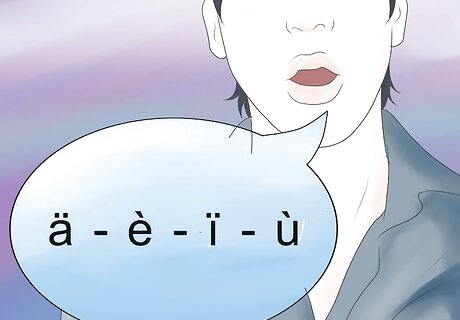
Start by modifying your vowels. Italian vowels are different than English vowels, and each letter stands distinctly as one sound. It may sound complicated, but it isn't. A sounds like the ä in "Father" E is pronounced like è in "Vendor" I like ï in "Naive" U is ù as in "Goo".
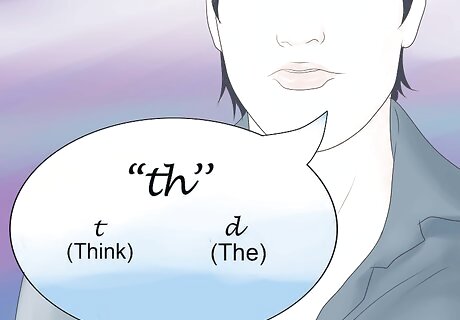
Blend your "th". Many Italians have some difficulty in pronouncing the English "th", and so pronounce it as either "t" (as in "Think"), or "d" (as in "The"), respectively.

Use simple English. Since you are pretending to be a foreigner your working knowledge of the vocabulary would not be complete.
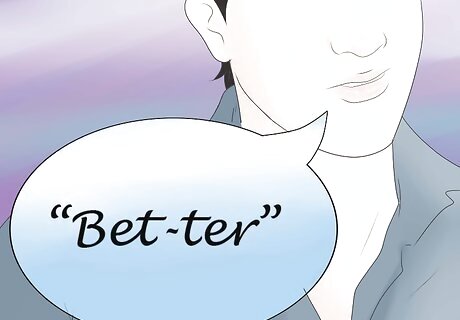
Elongate double consonants. In Italian, words such as "Azzurro", "Pollo", or other words with double consonants are pronounced twice as long as single consonants. Thus, it would be "Bet-ter" and not "bedder".
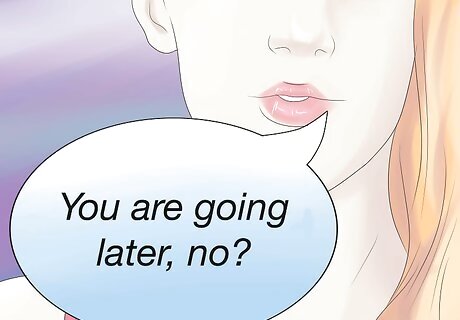
End questions with "no?". This is an optional step, and obviously not done every time. The Italian language uses it, and thus, Italians are familiar with it. Example: "You are going later, no?"
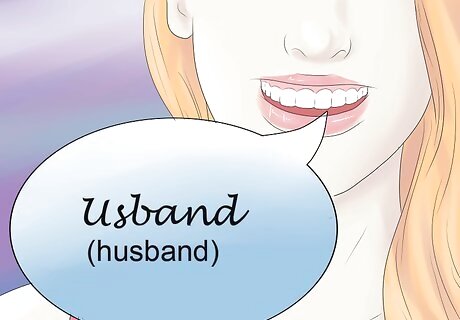
Italians often drop the 'h' from the beginning of words.
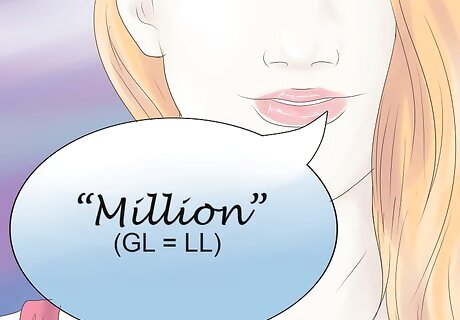
Occasionally mistake certain sounds. Be careful with this one, as too much of it will make you pretentious! But if you want to, remember this: GL is LL (as in "Million") GN is ñ (as in "Canyon")















Comments
0 comment